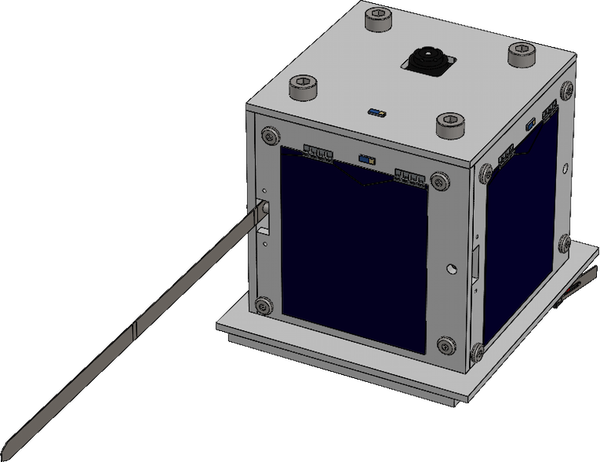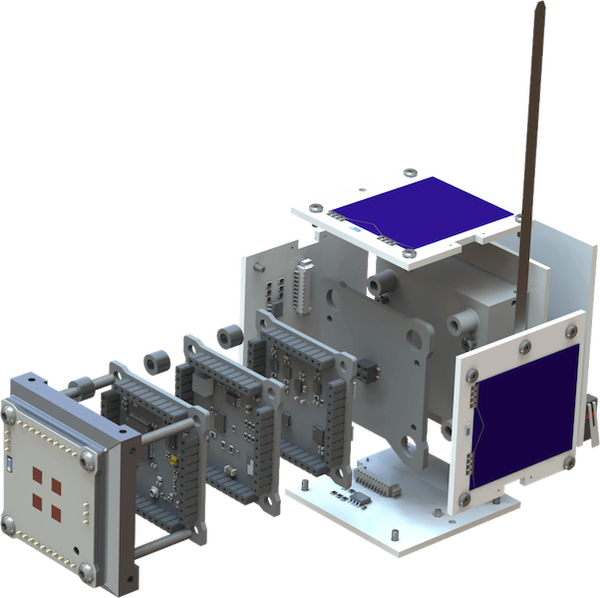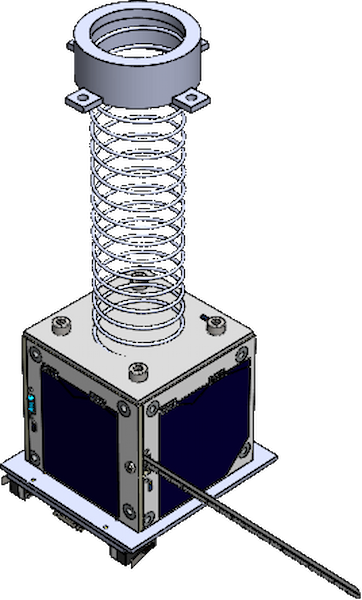IEEE Open PocketQube Kit
The IEEE Open PocketQube Kit is an open-source educational initiative led by the IEEE GRSS society, designed to lower the entry barrier for institutions interested in developing a PocketQube satellite.
 |
 |
 |
The IEEE Open PocketQube Kit is an open-source educational initiative led by the IEEE GRSS society, designed to lower the entry barrier for institutions interested in developing a PocketQube satellite. Originating from the IEEE’s Open PocketQube Kit project, the kit provides organizations with the resources to build and operate a 1P PocketQube, including the structure, subsystems, schematics, and documentation necessary to integrate a custom payload.
PocketQubes, introduced in 2009, are pico-satellites measuring 50x50x50 mm and weighing up to 250g, which is a fraction of the size, weight and cost of CubeSats, making space missions more accessible, especially for small organizations or institutions.
As part of the project, three different PocketQubes have been developed to demonstrate diverse payload capabilities:
- PoCat 1: Features a VGA camera.
- PoCat 2: Carries an L-band Radio Frequency Interference (RFI) monitoring payload.
- PoCat 3: Contains a Ka-band RFI monitoring payload to assess potential interferences from 5G communications.
To support users, the project offers two main resources:
- Wiki: The wiki contains all documentation produced so far, covering the project’s development, specifications, and testing. Organized by sections and subsystems, it provides a clear, comprehensive guide for anyone looking to replicate the design, with step-by-step information on each part of the process.
- GitHub Repository: The GitHub repository hosts the complete hardware and software designs for each subsystem, allowing users to directly access and modify the files needed to build their PocketQube. This includes schematics, layouts, code, and bill of materials, providing the technical backbone for constructing and testing the satellite.
To access this information, click the links below to access the project wiki and the GitHub repositories:
Share: